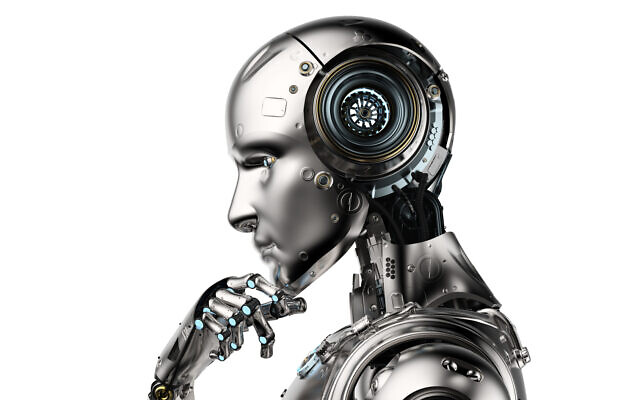Artificial intelligence, or AI, is a branch of computer science that deals with the creation of intelligent machines that operate and learn like humans. It involves developing algorithms and programs that enable computers to perform tasks that typically require human intelligence, such as recognizing speech, identifying images, and making decisions.
In the workplace, AI can be used to automate repetitive and time-consuming tasks, freeing up employees to focus on more high-level and creative work. For example, AI-powered chatbots can handle customer service inquiries and support tickets, allowing human agents to handle more complex issues. AI algorithms can also analyse large amounts of data to extract insights and make predictions, helping businesses make informed decisions.
AI can also be used to improve efficiency and productivity in manufacturing and logistics. Machine learning algorithms can analyse sensor data from equipment to detect potential problems and prevent breakdowns, reducing downtime and maintenance costs. Autonomous vehicles and drones can be used for transportation and delivery, reducing the need for human drivers.
In the healthcare industry, AI can be used to improve patient outcomes and reduce costs. Machine learning algorithms can analyze medical records to identify patterns and predict potential health risks, allowing healthcare providers to intervene and provide preventative care. AI-powered robots can assist with surgery and other medical procedures, reducing the risk of human error.
However, there are also concerns about the potential negative impact of AI in the workplace. Some worry that AI-powered automation could lead to job loss and increased economic inequality. There are also concerns around data privacy and security, as AI algorithms require large amounts of data to learn and make predictions. It is important for businesses and policymakers to address these concerns and ensure that AI is used in a responsible and ethical manner.
Overall, AI has the potential to revolutionize the way we work and live. By automating routine tasks, improving efficiency, and enabling more informed decision-making, AI can help businesses and individuals achieve their goals more effectively. However, it is important to approach AI with caution and ensure that it is used in a way that benefits everyone.
We talk further about AI in this blog by one of our members.
